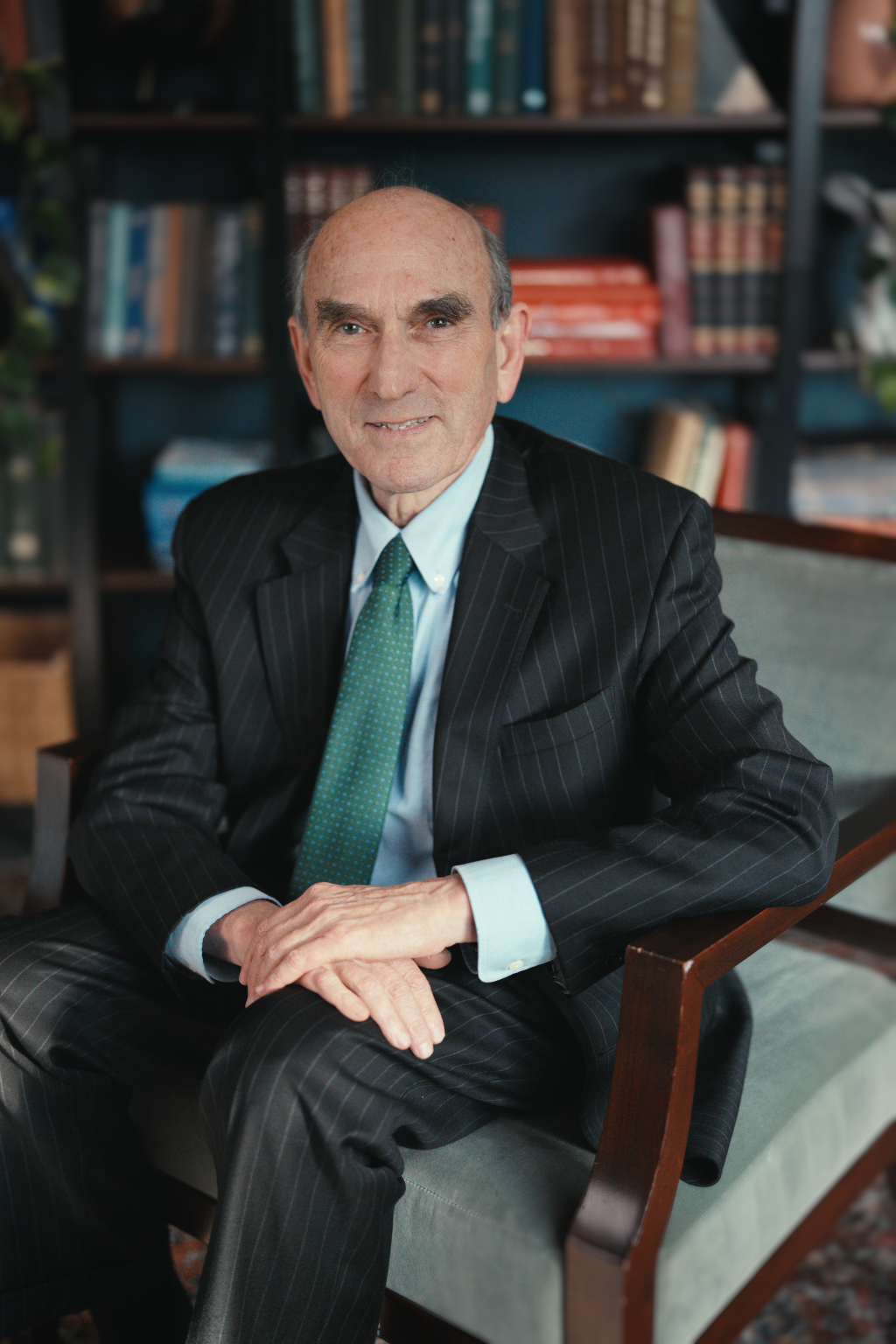Abbas Celebrates 14th Anniversary of His Four-Year Term
On January 9, 2005—exactly 14 years ago today—Mahmoud Abbas was elected president of the Palestinian Authority. For a four-year term.
Today Abbas begins serving the fifteenth year of his four-year term.
That 2005 election was actually a milestone for Palestinians. Yasser Arafat had died the previous November, and this election was to choose his successor as head of the PA. It was a good election—free and fair in the sense that the votes were counted accurately and people could campaign against Abbas. There were loads of international observers, including a U.S. team led by former President Jimmy Carter and then-Senators Joseph Biden and John E. Sununu. According to The New York Times, Javier Solana, who was then the European Union’s foreign minister, said “It has been a very good day. The moment is historic.”
Abbas won only about 62 percent of the vote (compare Egyptian president Sisi’s ludicrous claim to have won 97 percent of the vote in the 2018 election there) and one challenger won 20 percent. Hamas boycotted the election, but was not forced to do so—as we saw when it competed in the elections for the Palestine Legislative Council (PLC) in 2006.
That 2006 parliamentary election was the last parliamentary election held in the Palestinian territories, and there has similarly been no presidential election since 2005. Abbas just holds on and on and governs by decree. He has now undertaken machinations that will in fact eliminate the PLC entirely, replacing it with an unelected PLO organ. The PLC has been dissolved by the Palestinian constitutional court--whose own term of office expired over a decade ago.
So what Abbas has done since the last election, in 2006, is to gut the development of Palestinian democratic institutions. There are excuses, of course: Hamas is too dangerous and might win as it did in 2006, Israel is to blame, and so on. But in fact Abbas is snuffing out all opposition to his rule and forbidding all dissent.
Last Fall, Human Rights Watch issued a report on the ways in which the authorities in the West Bank and Gaza suppress dissent. Here are the opening lines:
In the 25 years since Palestinians gained a degree of self-rule over the West Bank and the Gaza Strip, their authorities have established machineries of repression to crush dissent, including through the use of torture.
Both the Fatah-dominated Palestinian Authority (PA) in the West Bank and the Islamic Resistance Movement (Hamas) in Gaza have in recent years carried out scores of arbitrary arrests for peaceful criticism of the authorities, particularly on social media, among independent journalists, on university campuses, and at demonstrations. As the Fatah- Hamas feud deepened despite attempts at reconciliation, PA security services have targeted supporters of Hamas and vice versa. Relying primarily on overly broad laws that criminalize activity such as causing “sectarian strife” or insulting “higher authorities,” the PA and Hamas use detention to punish critics and deter them and others from further activism. In detention, security forces routinely taunt, threaten, beat, and force detainees into painful stress positions for hours at a time.
Solana was right 14 years ago: that moment was historic, in that the 2005 election (and the parliamentary election the following year) marked the high water mark of democracy in the West Bank. As Abbas marks his anniversary in power, those who had hoped for positive political evolution in the Palestinian territories can only mourn the way he has governed, especially in the last decade. He has outlawed politics in the West Bank. Under the guise of fighting Hamas, he has outlawed any criticism of the corrupt Fatah rule and prevented any debate on the Palestinian future. Just as Arafat soon eliminated all independent institutions when he returned to the Palestinian territories in 1994, Abbas has crushed the hopes that arose--after Arafat’s death in 2004 and his own election in 2005--for a democratic future for Palestinians.
